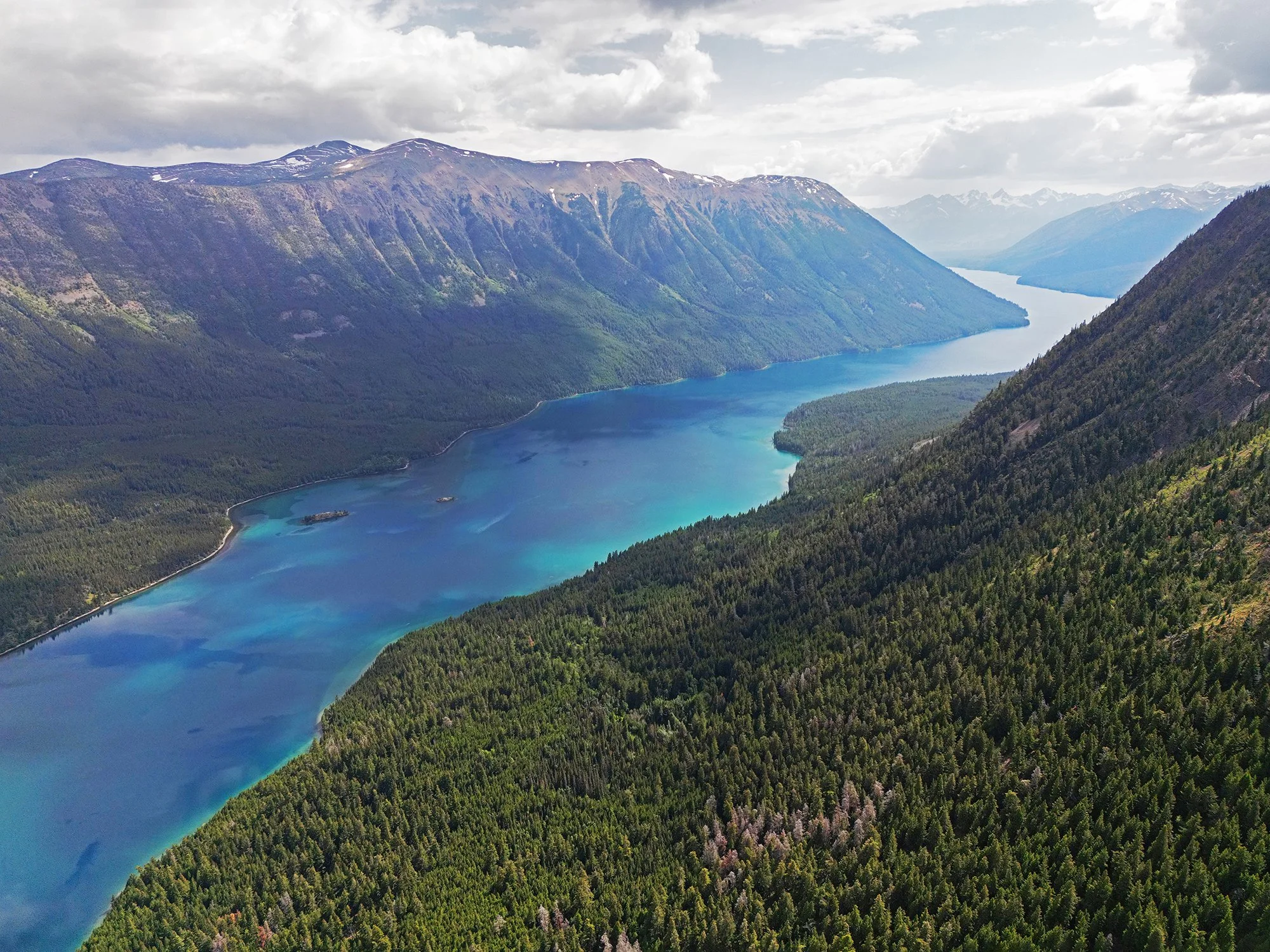Aboriginal Title is Not Enough
This week, the Tsilhqot'in nation celebrated the 10th anniversary of our historic declaration of Tsilhqot'in Aboriginal Title. We honor and recognize the ancestors, elders, and living leaders who were integral to every aspect of our 26-year-long struggle against the provincial and federal governments.
However, achieving Title is just the beginning. As the Tsilhqot'in nation, we must not become complacent or overly prideful in our victory. Excessive celebration can lead to hubris and ignorance.
Since the Tsilhqot'in War in 1864, our people have been at the forefront of forging new, unprecedented relations with our colonial counterparts. We must continue to push our leaders to innovate, demand, and declare new ways to advance the global indigenous fight.
We need to start signing direct international trade agreements with indigenous-populated countries such as Bolivia, Colombia, Ecuador, and others. Let's create declarations to protect our lands and bring these declarations to the United Nations for endorsement by over 100 indigenous nations. We must develop serious and sincere international youth cultural exchange programs, where our youth learn about other indigenous cultures, languages, and political struggles, while welcoming more indigenous youth to our beautiful lands. We should establish a new class of protected and conservation areas, such as 'World Indigenous Spiritual Biosphere Areas,' managed according to Tsilhqot'in Law and other indigenous laws from societies like those in the Amazon Rainforest.
In regards to immediacies around spiritual health and wellness; I have asked several of our chiefs this question:
Why does Title matter when our youth are dying every single week?
To confront our devastating drug and alcohol pandemic, we must look to our indigenous cousins in the south for help. They have been using, for thousands of years, plant medicines such as Peyote, Mushrooms, Ayahuasca, San Pedro, and others, to heal their people. If we are serious about healing our youth, we need to be open to any and every healing modality that is currently used by indigenous societies throughout the world; otherwise we are all talk and no action.
By tackling these problems, we will see that they are, in essence, extremely connected to one another. Youth cultural exchanges can involve healing, politics, and language. This is only the beginning.
By pushing ourselves to blaze the trail for indigenous rights globally, we will realize that Title is only a glimpse of a vast forest of potential. We must stand up, start moving, and we will find the momentum needed to continue helping ourselves as Tsilhqot'in and other indigenous peoples worldwide.
